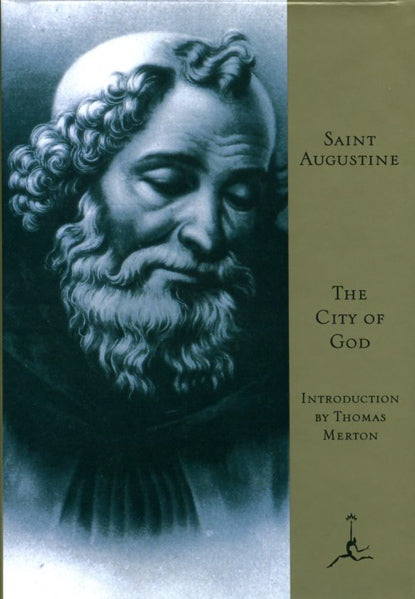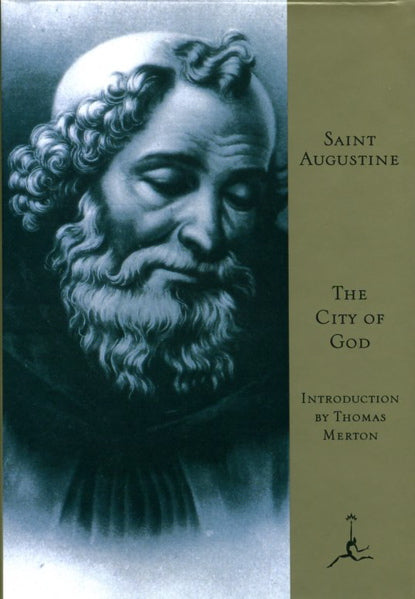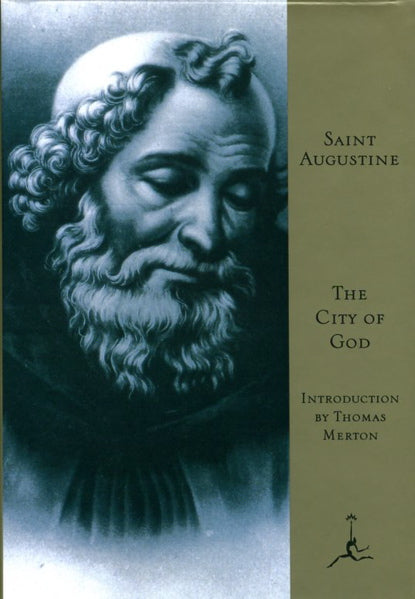City of God (Modern Library, Paperback)
Augustine
One of the great cornerstones in the history of Christian philosophy, The City of God provides an insightful interpretation of the development of modern Western society and the origin of most Western thought. Contrasting earthly and heavenly cities--representing the omnipresent struggle between good and evil--Augustine explores human history in its relation to all eternity. In Thomas Merton's words, "The City of God is the autobiography of the Church written by the most Catholic of her great saints."
This Modern Library Paperback Classics edition is a complete and unabridged version of the Marcus Dods translation.
Augustine provides the church with the first example of presuppositional apologetics in this classic response to charges brought against the church for undermining the strength and glory that was pagan Rome and therefore setting up the eternal city for vandal attack and pillaging. He answers the charges along several lines, only a few of which can be mentioned here. He first points out that the Germanic tribes that sacked Rome were Christian (of a sort) and that they refused to attack churches. Secondly he points out that the pagan Gods didn’t protect the city all too well in the past nor were the pagan gods as virtuous as the very virtues Rome sought in inculcate in its citizens. Positively Augustine sets forth the antithesis between the city of God and the earthly city tracing its origins to the protevangelium in Genesis 3:15. Both exist side-by-side in this common grace era until the return of the Lord and the consummation of all things. - Jeff Waddington - Westminster Bookstore Staff, 2005
-
Cover Type
-
ISBN
-
Publisher











